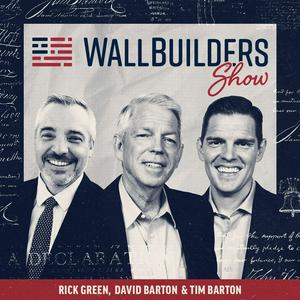What happens when a speech turns the room into a live referendum on first principles? We break down a State of the Union that fused patriotic theater with hard policy bets—calling for voter ID through the SAVE Act, pressing tariffs despite a legal speed bump, and elevating faith and service as shared civic anchors. The showmanship was unmistakable: Team USA hockey winding through the press as chants rose, pointed “stand up” moments that drew sharp lines, and tributes to veterans and everyday heroes that felt refreshingly unifying.
We walk through why the SAVE Act became the centerpiece and how that choice sets the terrain for the midterms. Simple framing plus visible floor reactions create clips that travel, and those clips influence polling that, in turn, disciplines party messaging. On tariffs, we dive into the constitutional mechanics—how delegated powers work, what Federalist No. 12 actually emphasizes, and why the Court’s ruling narrowed a lane without closing the highway. If you care about what lasts beyond one administration, you’ll appreciate the reminder that real durability comes from statute, not just executive muscle.
There’s also a media and AI reality check. Pre-scripted rebuttals released before the speech, viral but fabricated quotes, and AI tools that mirror user bias all feed confusion. We share practical ways to verify claims, ask better questions, and keep civic engagement grounded in primary sources. Whether you applauded the tone or winced at the jabs, the night revealed which messages move people and where the country’s cultural seams are most visible. Listen for clear takeaways, a frank look at strategy versus spectacle, and a nudge to engage with discernment.
If this helped you think more clearly about policy, culture, and the road to the midterms, subscribe, share with a friend, and leave a quick review—your feedback sharpens the conversation.
Support the show


